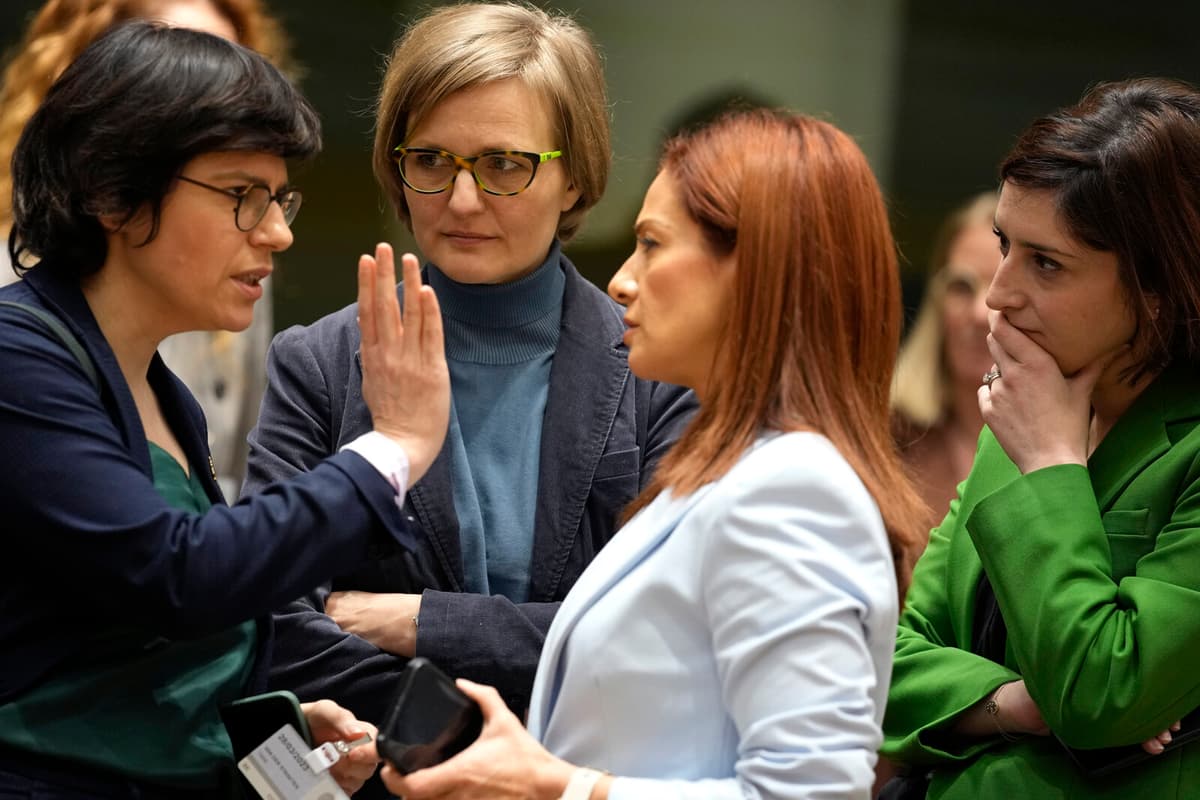The Belgian government has "turned over every stone" and tried to limit the influx of liquid Russian fossil gas, but it has not worked, says Energy Minister Tinne Van der Straeten to Financial Times.
Companies using, for example, the giant port of Zeebrugge in Belgium for these gas transports have limited opportunities to break long-term contracts with parties in Russia.
We need a European strategy, says Van der Straeten to FT.
The Netherlands' Climate Minister Sophie Hermans has announced that she will raise this issue when the EU's energy ministers gather in October.
"There are no other alternatives where we can invalidate private agreements without a sanctions decision from the EU Commission to apply," the minister stated in a letter to the Dutch parliament earlier in the week.
In recent times, more tankers loaded with Russian fossil gas have arrived at the large port of Rotterdam, compared to earlier during Russia's large-scale invasion of Ukraine, according to Hermans.
At the EU level, a ban on the further transport of Russian gas through the union to third countries has been decided, but the decision was made in June and has not yet come into force.
A sharper decision on sanctions requires agreement, and primarily Hungary is expected to object.






